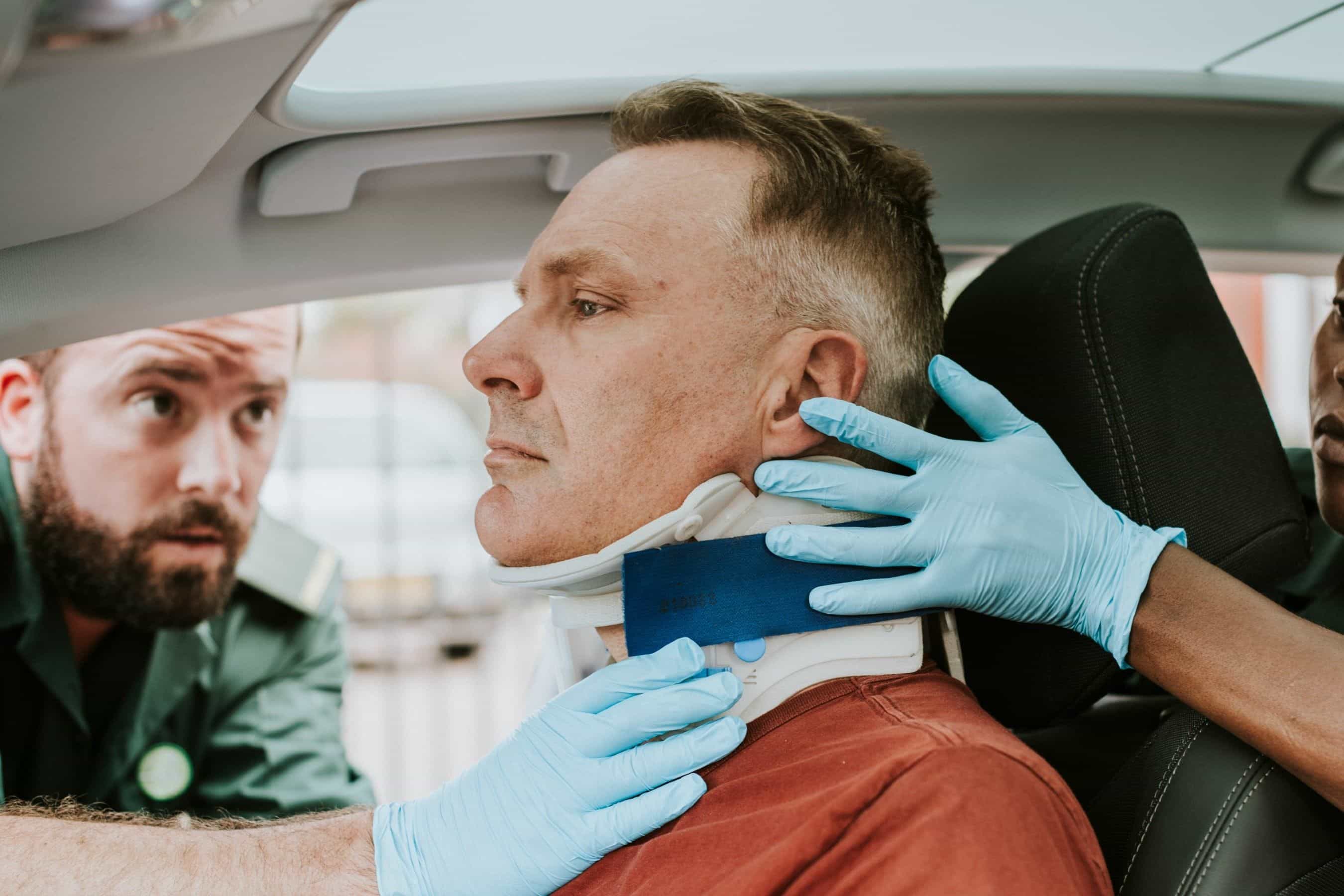Litigation Guides
An Attorney’s Guide to Types of Brachial Plexus Injuries
The brachial plexus refers to a system of nerves found in the shoulder area. These nerves carry signals originating from the spinal cord to the shoulder, arm, and hand. The health of the brachial plexus is crucial to maintain a pain-free, complete range of motion in the arms and shoulders. But attorneys may wonder, what is a brachial plexus injury? Common types of brachial plexus injuries include nerve stretching or compression. But a more serious brachial plexus nerve injury occurs if the nerves are completely torn or severed. Many scenarios can lead to types of brachial plexus injuries. These include contact sports, motor vehicle collisions, or difficult births. Certain shoulder replacement surgeries may also cause a brachial plexus nerve injury, including shoulder arthroplasty. Given this brachial plexus injury range, attorneys will want to understand the underlying mechanics and causal links.
Written By
Wendy Ketner, M.D.
Medically Reviewed
The Anatomy of the Brachial Plexus
The brachial plexus is a network of nerves located in the shoulder that originates from the neck. These nerves divide into several distal nerves that end in the arms and hands. The nerves of the brachial also extend to the skin, offering sensory reactions. The nerve network can be categorized into distinct parts: trunks, divisions, cords, and branches.

Types of Brachial Plexus Injuries
Several types of injuries can occur to the brachial plexus. These types include injuries from compression, tearing, or reduced blood blow. Common symptoms of brachial plexus injury include pain in the shoulder and arm. Patients may also experience numbness and weakness.
Diagnosis of Brachial Plexus Nerve Injury
Understand the complexities of brachial plexus injuries
Activity-Based Causes of Brachial Plexus Injury
Activity-based causes of brachial plexus injury are typically linked to forms of trauma. This could include car accidents, falls, or athletic injuries. Infants may also suffer brachial plexus nerve injury following a difficult birth.
Brachial Plexus Injury Post Shoulder Surgery
Neurological complications after shoulder surgery may also occur. This occurs in small percentages of shoulder repair and replacements surgeries, including shoulder arthroplasties. Patients’ injuries are possibly linked to their positioning during surgery. Surgical tools and anaesthesia may also occasionally result in injury.
Brachial Plexus Injury Complications
Brachial plexus injuries can cause patients to suffer partial or complete loss of sensation. Paralysis of the arm, severe pain, or loss of muscle control can last for longer periods or be permanent. In instances of malpractice or negligence, attorneys may have opportunities to secure damages for their clients suffering from brachial plexus injuries.
This Litigation Guide was medically reviewed by Rena Zheng, M.D.
About the author
Wendy Ketner, M.D.
Dr. Wendy Ketner is a distinguished medical professional with a comprehensive background in surgery and medical research. Currently serving as the Senior Vice President of Medical Affairs at the Expert Institute, she plays a pivotal role in overseeing the organization's most important client relationships. Dr. Ketner's extensive surgical training was completed at Mount Sinai Beth Israel, where she gained hands-on experience in various general surgery procedures, including hernia repairs, cholecystectomies, appendectomies, mastectomies for breast cancer, breast reconstruction, surgical oncology, vascular surgery, and colorectal surgery. She also provided care in the surgical intensive care unit.
Her research interests have focused on post-mastectomy reconstruction and the surgical treatment of gastric cancer, including co-authoring a textbook chapter on the subject. Additionally, she has contributed to research on the percutaneous delivery of stem cells following myocardial infarction.
Dr. Ketner's educational background includes a Bachelor's degree from Yale University in Latin American Studies and a Doctor of Medicine (M.D.) from SUNY Downstate College of Medicine. Moreover, she is a member of the Board of Advisors for Opollo Technologies, a fintech healthcare AI company, contributing her medical expertise to enhance healthcare technology solutions. Her role at Expert Institute involves leveraging her medical knowledge to provide insights into legal cases, underscoring her unique blend of medical and legal acumen.
Subscribe to our newsletter
Join our newsletter to stay up to date on legal news, insights and product updates from Expert Institute.
Working on a brachial plexus injury case?
We're here to help you build a stronger case. Retain a leading expert witness today.
- Access tailored expertise on every case
- Trust your expert immediately
- Speak with your expert before retaining
Need your medical records reviewed? Consult one of our 75+ on-staff physicians who can help evaluate the strengths and weaknesses of your case.




